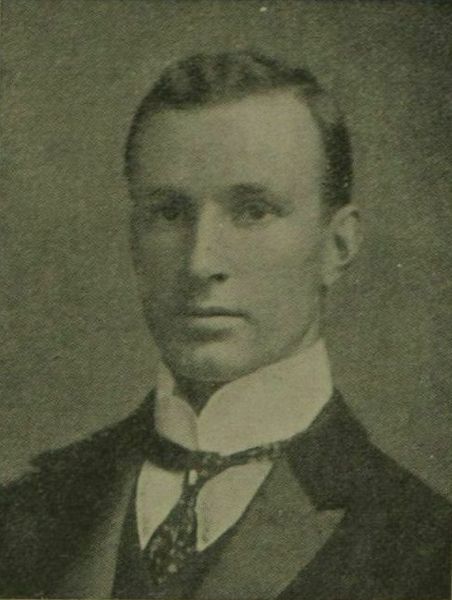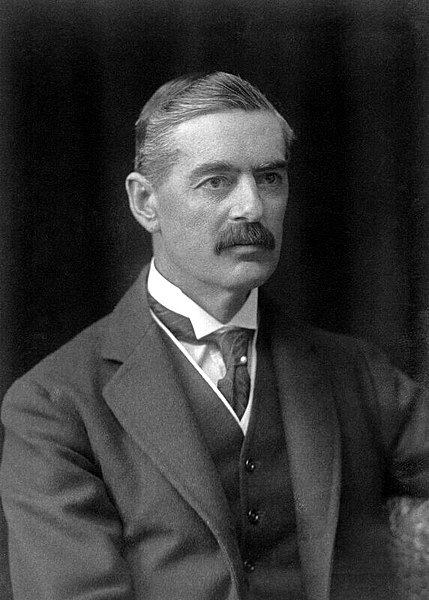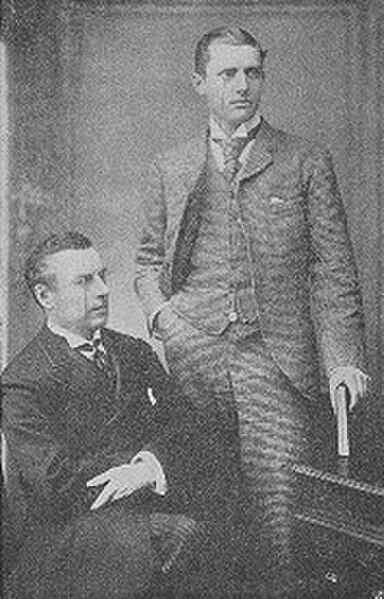Parliamentary Private Secretary to the Prime Minister
The Parliamentary Private Secretary to the Prime Minister is a Parliamentary Private Secretary serving the Prime Minister of the United Kingdom. The holder of the office is widely viewed as the Prime Minister's "eyes and ears" on the backbenches, serving as a liaison to the Prime Minister's parliamentary party. The Parliamentary Private Secretary is also responsible for meeting with members of Parliament when the Prime Minister is unavailable, and accompanying the Prime Minister to, and assisting them with preparations for Prime Minister's Questions. They usually sit directly behind the Prime Minister during question time.
Parliamentary Private Secretary to the Prime Minister
Image: 1919 Hubert Carr Gomm
Image: Charles Henry Lyell in military uniform
Image: John Barran
Arthur Neville Chamberlain was a British politician who served as Prime Minister of the United Kingdom from May 1937 to May 1940 and Leader of the Conservative Party from May 1937 to October 1940. He is best known for his foreign policy of appeasement, and in particular for his signing of the Munich Agreement on 30 September 1938, ceding the German-speaking Sudetenland region of Czechoslovakia to Nazi Germany led by Adolf Hitler. Following the invasion of Poland on 1 September 1939, which marked the beginning of the Second World War, Chamberlain announced the declaration of war on Germany two days later and led the United Kingdom through the first eight months of the war until his resignation as prime minister on 10 May 1940.
Portrait by Walter Stoneman, 1921
Joseph Chamberlain (seated) and Austen Chamberlain, 1892
Chamberlain as Lord Mayor of Birmingham in May 1916, alongside Prime Minister Billy Hughes of Australia
Portrait by William Orpen, 1929








